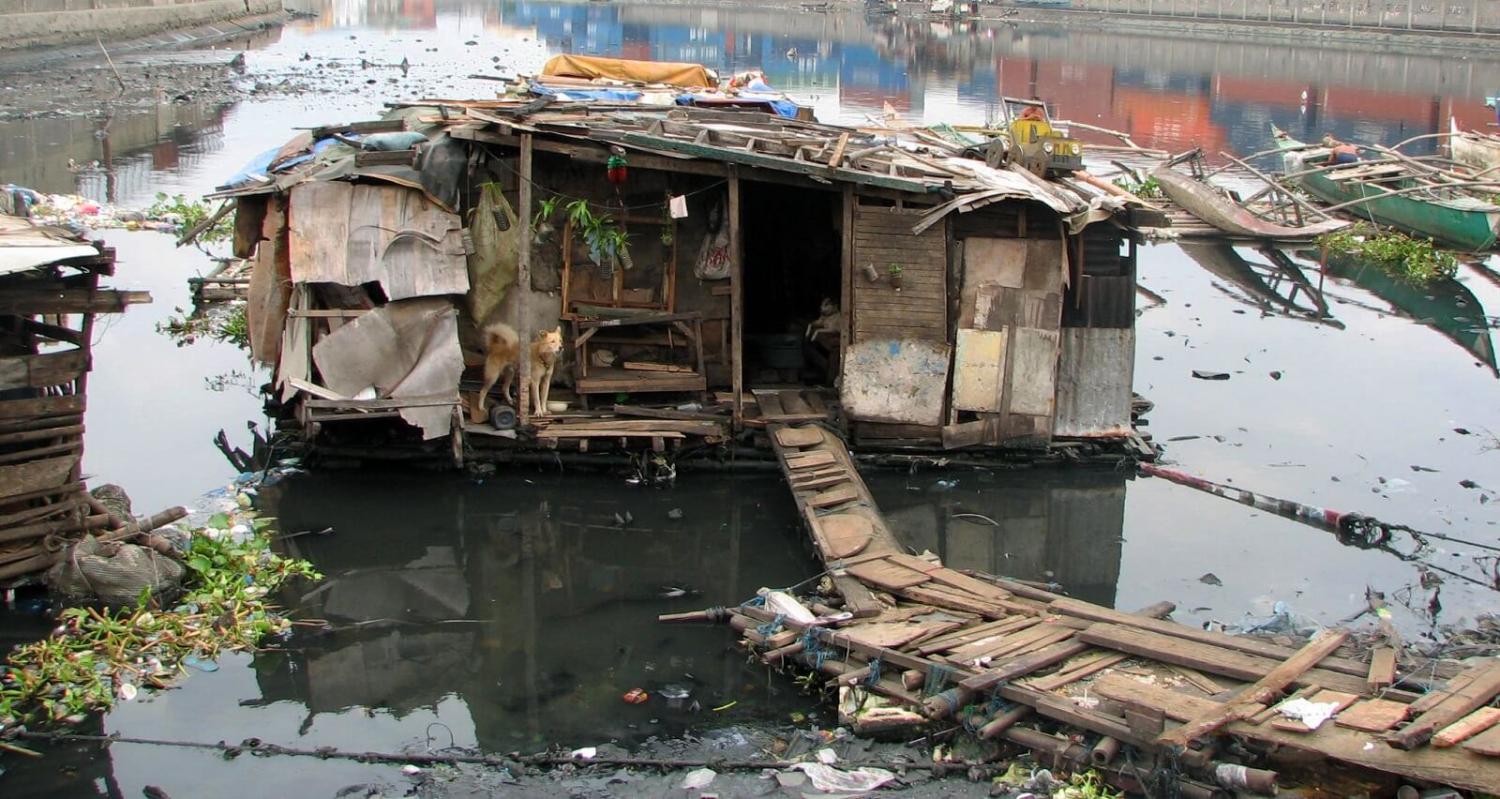- Samuel Oakford comments on the new rule applied by the Trump administration on money spent by USAid through the UN and other multinational agencies. The measure could negatively impact a quarter of all US foreign assistance.
- The Australian picked up Jonathan Pryke’s recent submission to the Australian Parliamentary inquiry on the Aid Program, focusing on his recommendations around the role of the private sector in Australia’s aid program.
- Photographer Nicoló Lanfranchi documented his stay on the Aquarius, a special-purpose ship chartered by SOS Méditerranée and Médecins Sans Frontières to rescue migrants and refugees in trouble at sea.
- President of the Philippines Rodrigo Duterte’s war on drugs has left thousands of children living as orphans or in single-parent families struggling to put food on the table. James Whitlow Delano looks at the city of Navotas, Metro Manila, and assesses the impact of a campaign that has now claimed up to 20,000 lives.
- The World Bank issues between US$50–$60 billion annually in bonds for sustainable development. Last week, the Bank mandated Commonwealth Bank of Australia the world’s first blockchain bond in order to streamline processes among numerous debt capital market intermediaries and agents.
- Amelia Dunn comments on a new paper released by Harvard University and Melbourne’s Murdoch Children’s Research Institute (MCRI) on Saturday, demonstrating that adolescents in low-income counties are only getting a fraction of the development funding they need.
- Asia has proven to be one of the greatest developmental success stories in the global economy. However, infrastructure has failed to keep pace with the region’s economic dynamism. As a result, China has taken the lead in efforts to close these gaps, with both the Belt and Road Initiative (BRI) and the Asian Infrastructure Investment Bank (AIIB). Jeffrey Wilson discusses both initiatives from an Australian perspective.
Aid links: USAid cuts, blockchain bonds, and more
Links and stories from the aid and development sector.

Metro-Manila, Philippines (Photo: Lawrence OP/Flickr)
Published 15 Aug 2018
Follow @AlexandreDayant
You may also be interested in
Links on the growing collection of international actors using and manipulating cyberspace to fulfil international ambitions and shape global developments.
Stronger local ties will help the United States play catch-up in its quest to effectively compete with China.